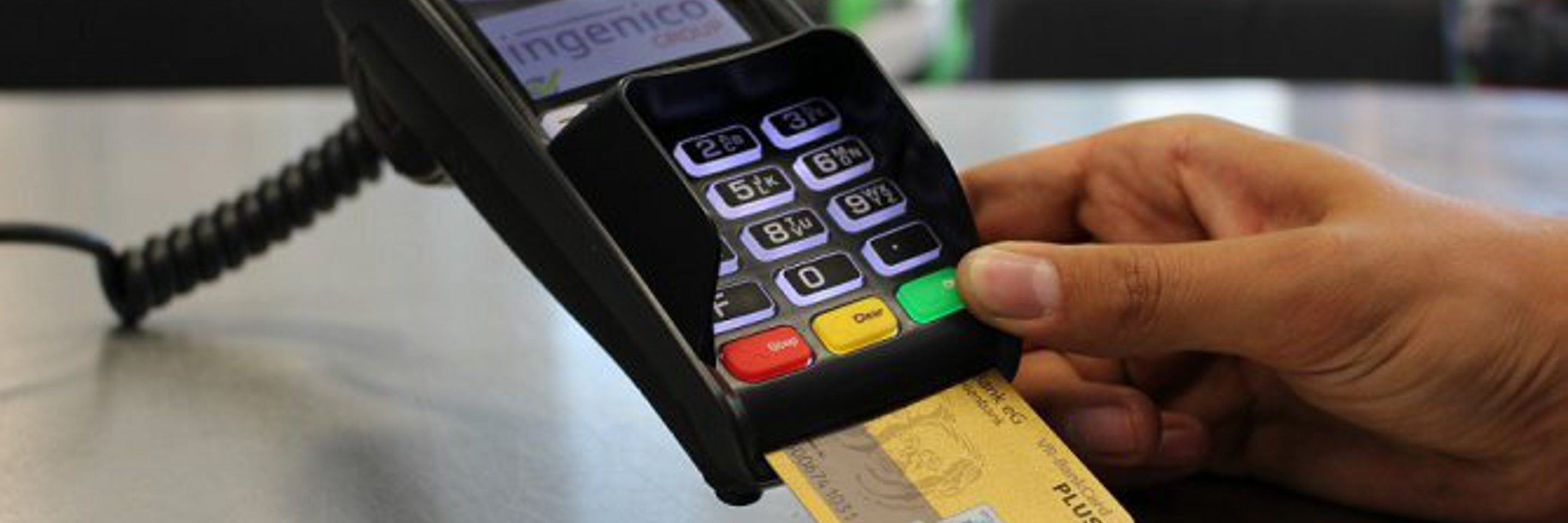
The introduction of coins and paper money stimulated the trade increase. It was far easier to store and transport paper and metal money than bags with wheat which served as currency in ancient times. Today we are about to turn the new page of financial history, which can transform cash into useless payment tool.
As of 4 January 2017, the National Bank of Ukraine (NBU) decreased the daily amount of cash transaction for private entities from 150 000 UAH to 50 000 UAH. According to NBU claims, this step is aimed at increasing the number of cashless settlements and mitigating the impact of the shadow economy. Nevertheless, the majority of Ukrainians doesn’t trust the national banking system and prefers to hoard money in cash or invest in property and luxury goods. The adopted NBU’s decree will facilitate the control over such investments.
Initiatives aimed at decreasing the circulation of cash aren’t something invented by Ukrainians. In the majority of European countries, cash payments are limited. The most severe restrictions, limiting cash transactions to 1 000 EUR, are implemented in France and Portugal. Since 2016 Italy has also decreased the number of daily cash transactions to 3 000 EUR per capita.
For example, in France, the amount of cash-less consumer settlements amounts to 92%, while in Ukraine this figure was around 31% in 2015. Since then the situation didn’t change much.
Global trends: the USA tops the list of countries with the largest number of cashless settlements, while the highest level of such transactions is observed in small European countries
In 2015 there 426 billion cashless transactions were made around the world – 10,1% increase compared to previous year. The biggest number of cashless settlements were registered in the United States, followed by the Eurozone and Brazil which was ranked 3rd. By 2021 China, which is currently ranked 4th, will take over Eurozone in case it will sustain its development pace.
The number of cashless transactions on the largest global markets in billion USD in 2013-2014

Source: World Payments Report
Nevertheless, if to consider the number of cash-less transactions per capita, big powers will fall behind such relatively small countries as Sweden, Belgium, Denmark, Netherlands, and Singapore.
As a rule, the decrease of cash turnover is the result of well-thought state policy
Sweden may become the first “cash-free” country ever. Even today the number of cash transactions here is very low, and 96% of the population has bank card accounts. The major banks in the country ceased cash transactions, as more favorable conditions were created for cashless settlements, including the opening of cash-less bank branches. The National Bank of Sweden also does not provide services of cash transportation. Swedish companies and banks consider cash transactions to be more risky, cumbersome and expensive, while the local population gradually decreases the use of cash.
In Denmark less than 25% of consumer transactions are conducted via cash: you can even pay for street food with your bank card there. Five out of six biggest banks have cash-less branches. The Danish government is aimed at making the country “cash-free” by 2030.
The transition from cash to electronic payments may potentially solve many problems: from fighting corruption and terrorism to cutting expenses for transportation of cash.
Money laundering, as well as financing of terroristic activities, is usually conducted through cash, as it’s hard to trace the origin and transfer of paper money. Furthermore, cash is a corruption trigger. Switch to cash-less transactions will substantially diminish the number of aforementioned crimes.
Authorities will also benefit from the transition to cashless settlements, as it will enable them to better control the money turnover. It will be easier for governments to supervise tax payments, which in its turn will provide for stronger economic systems. Cash remains popular in many countries because of many valid reasons
Cash payments don’t require any additional actions such as entering of pin-codes or putting signatures. Cash is instantly available and has nothing to do with card readers, ATMs or the speed of internet connection at the moment of transaction.
Security and anonymity are the key advantages keeping cash transactions popular. When you lose cash you lose nothing but money, but when your card number or pin-code are stolen, you also lose your personal data which then may be used for any type of fraud.
Other substantial advantages of cash are its wide applicability and absence of additional transactional expenses. In the majority of countries, cash is still far more popular than bank cards and checks. Furthermore, cash transactions, compared to bank card transactions, are always commission-free.
Within some time cashless settlements will become more competitive and accessible in terms of their anonymity, reliability, and convenience. Though, there is very little chance that financial fraud will be completely eliminated or bank fees will be canceled.
The comprehensive development program of the Ukrainian financial sector envisages that by 2020 the number of cashless settlements increases to 55% out of total amount of financial transactions. Though, it’s quite an ambitious goal, especially if to consider reluctance of Ukrainian population to store money in banks. That’s why the Ukrainian banking system requires a major overhaul, which will ensure the security of invested funds, encourage unshadowing of salaries, and foster the installation of the system of electronic payments in public transport. These are only a few steps out of those hundreds to be taken on the path to the aforementioned goal.
